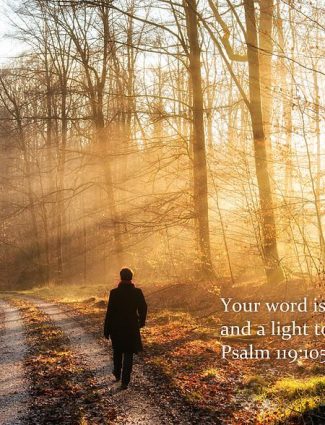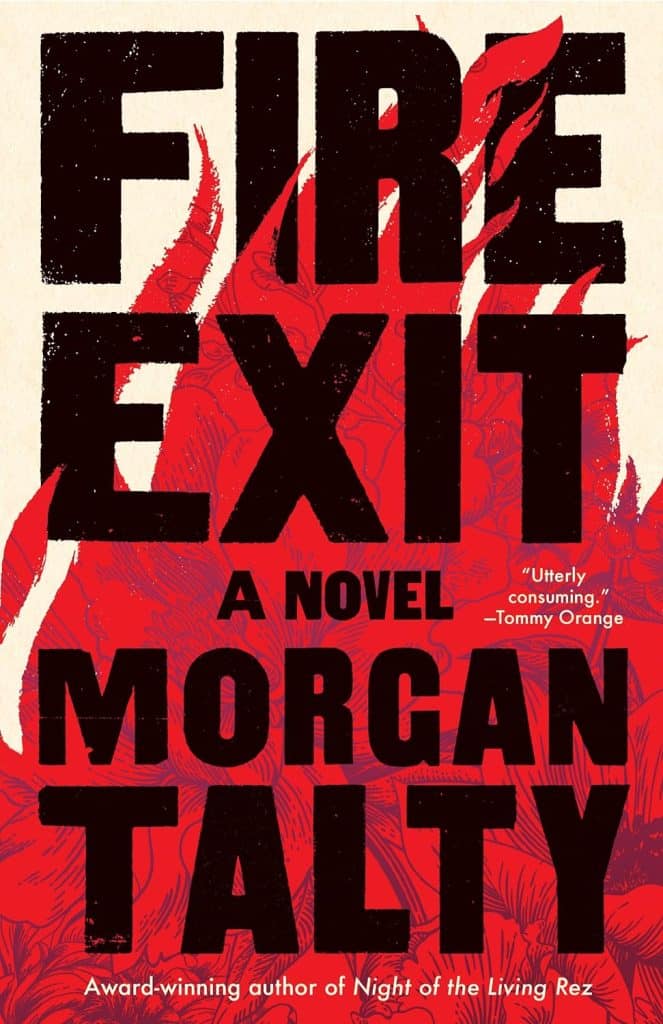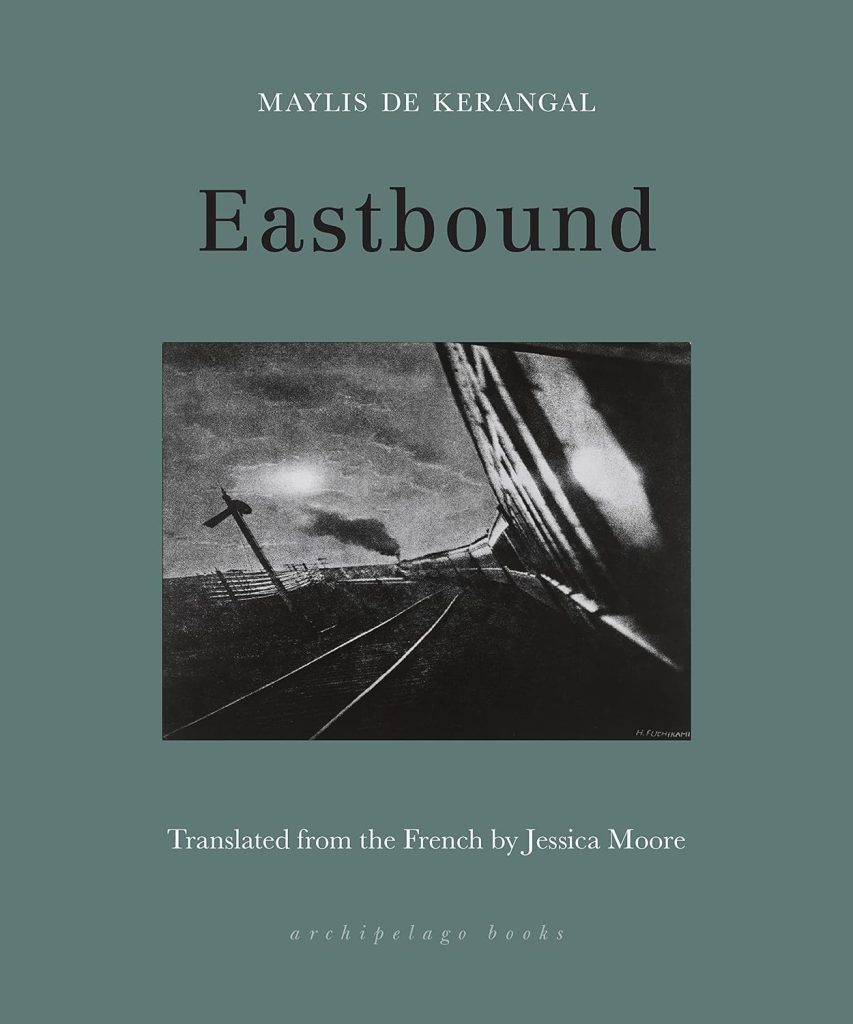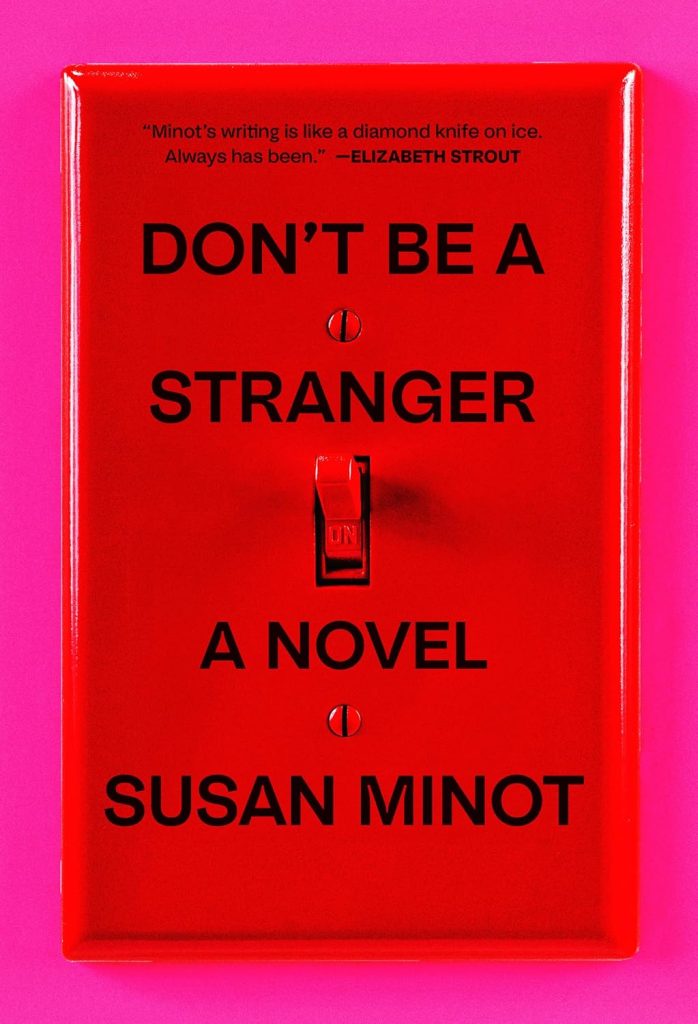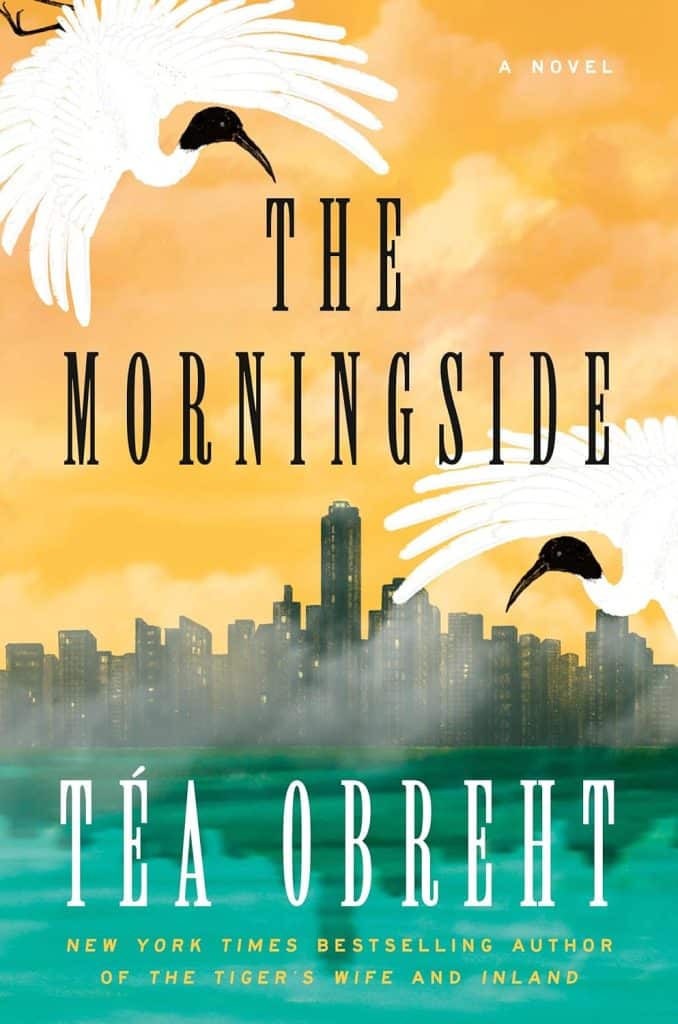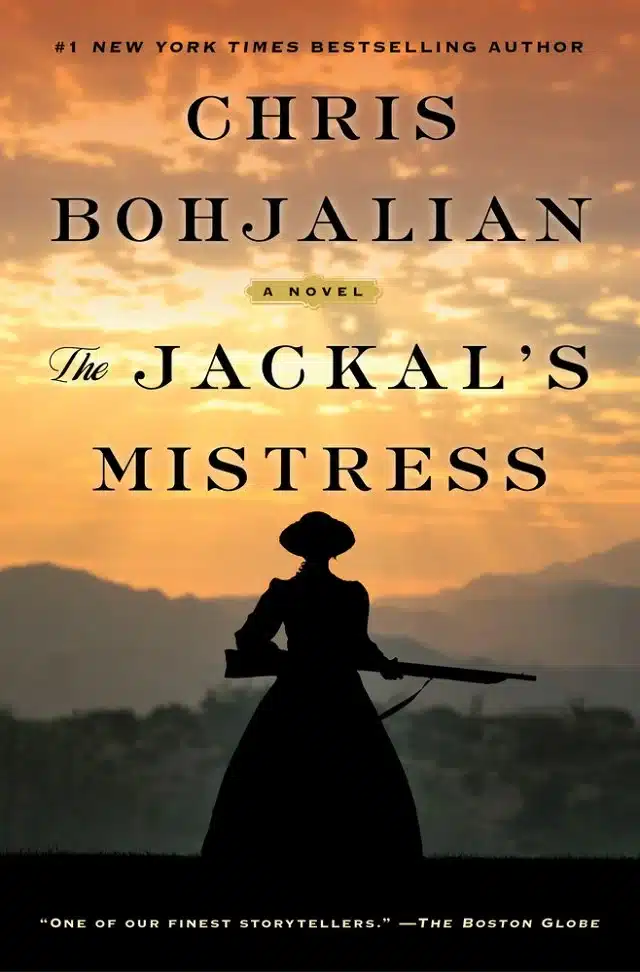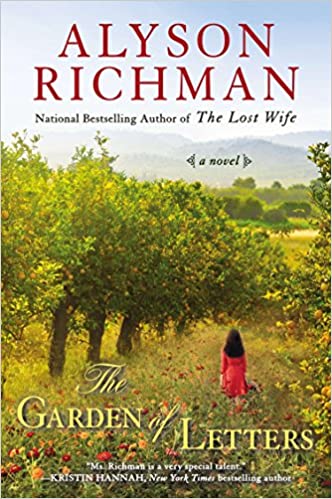
Waiting for the Future to Arrive
Waiting or Godot Offers Roadmap for Recovery
Estimated reading time: 1 minute, 54 secondsI am neither a theatre critic nor have I performed one on stage or screen. However, last weekend, I watched an outstanding performance of Waiting for Godot at the Shakespeare Theatre of NJ with my oldest grandchild. I have attended performances in Madison for over two decades and have always supported the theatre with a modest donation. While watching the play, I gained valuable insights into my journey with grief.
Waiting for Godot has been the subject of debate among critics since its first performance. Despite my initial doubts, I decided to follow the advice of Bonne J. Monte, the current director of the theatre, which encourages the audience to experience the performance rather than seek its meaning. In doing so, I could fully appreciate the live theatre experience.
Ms. Monte suggested that the play could represent a universal illusion – the hope for something or someone that could put us in a better place. However, this “thing” is as challenging as searching for meaning. This description accurately reflects my experience during the initial phase of grieving my wife’s death. I eventually came to terms with the fact that, no matter how much I wished my wife were still alive, her passing was irreversible. At the same time, I had to accept that no magical solution was waiting for me in the future that would make everything better..
By accepting the message of Waiting for Godot, I realized the importance of living in the present moment. Although my past with my wife was beautiful, I cannot let it consume my present. Instead, I choose to be present and welcome the future with open arms. I am prepared for the future and will do my best to live the best life possible.
The Jan Lilien Education Fund sponsors ongoing sustainability and environmental awareness programs. Gifts made this month; I will match dollar-for-dollar. All donations are tax-deductible.
I receive a commission when you buy a book or product using a link on this page. Thank you for supporting Sharing Jan’s Love blog.
My Past No Longer Consumes My Life
Waiting or Godot Offers Roadmap for Recovery
Estimated reading time: 1 minute, 54 seconds


